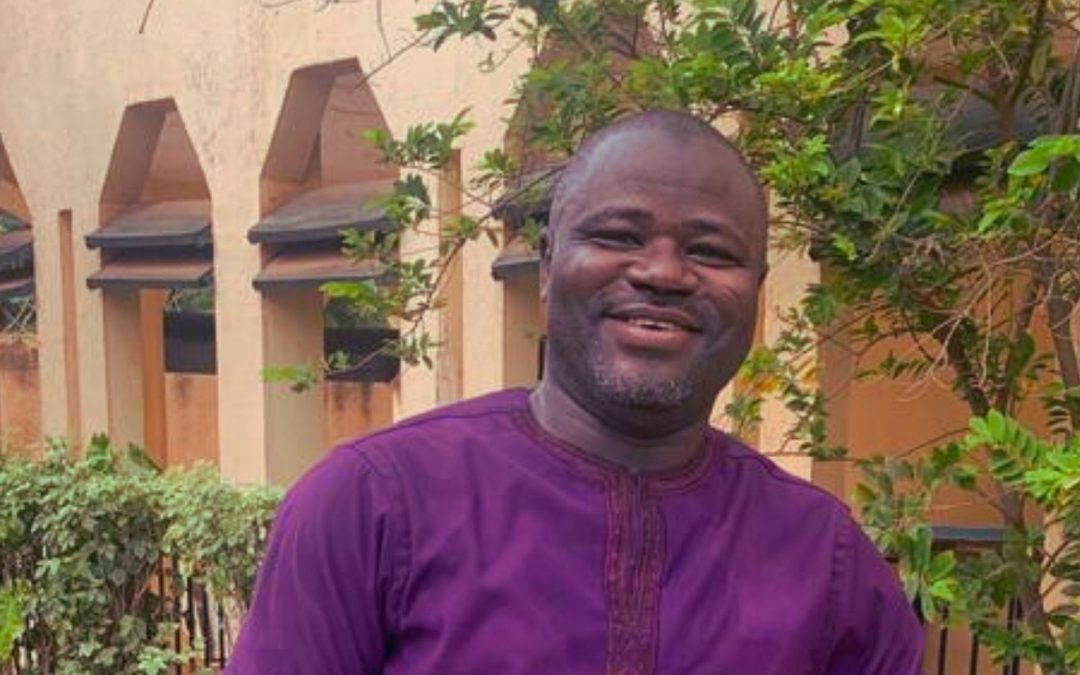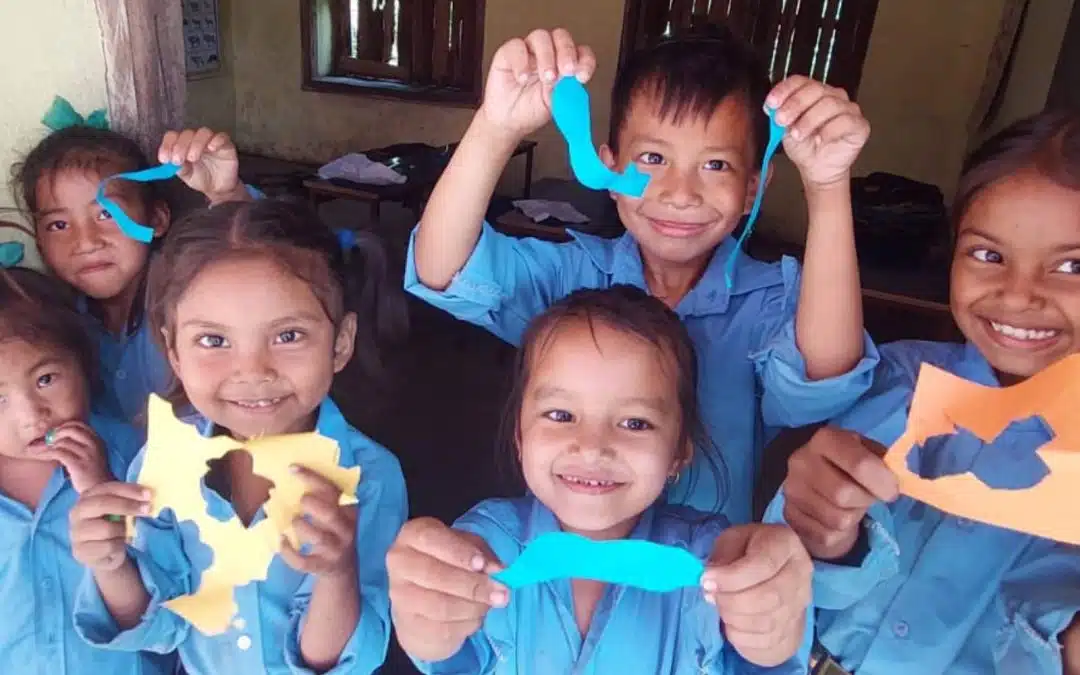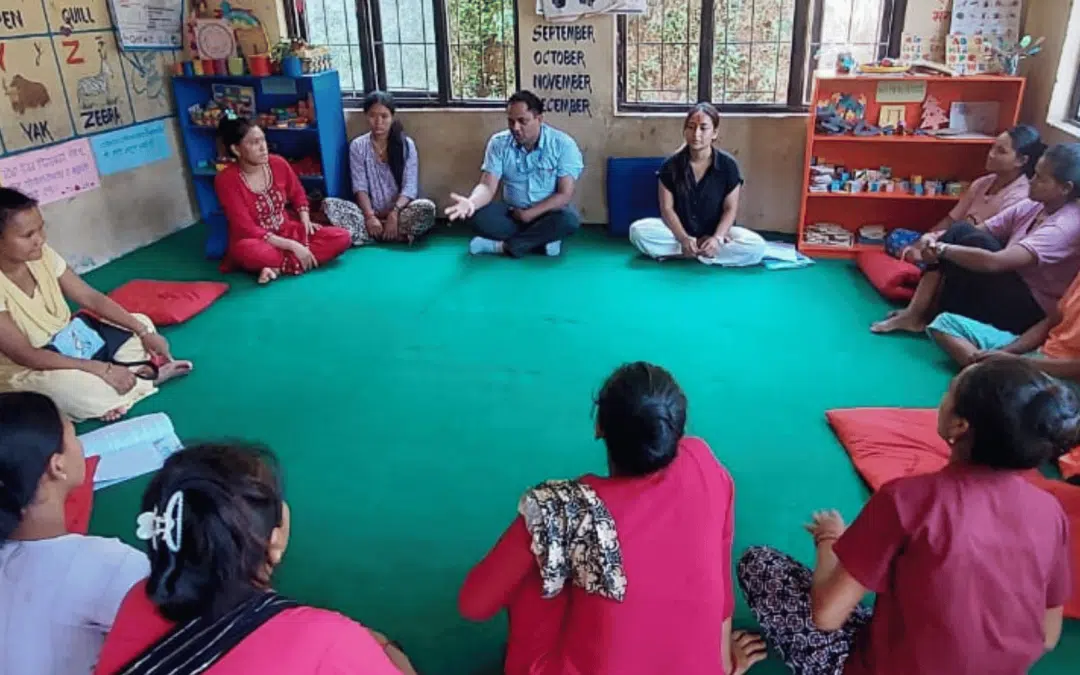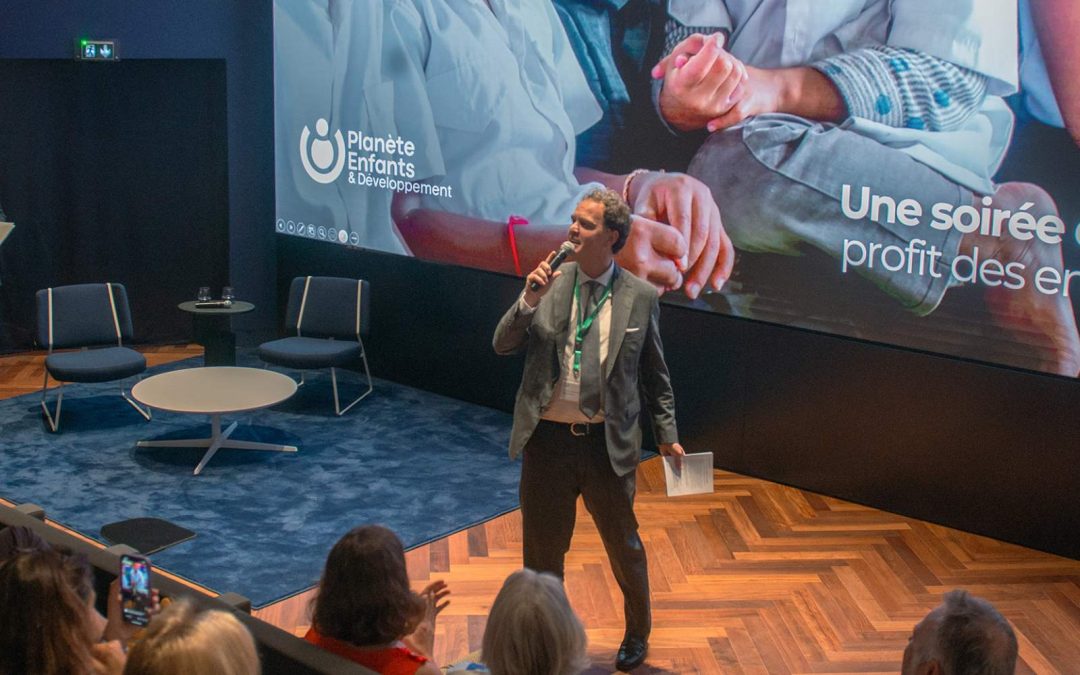Last March, we trained the social workers of our partner Damnok Toek in family support, our methodology for the social follow-up of families in difficulty in Cambodia.
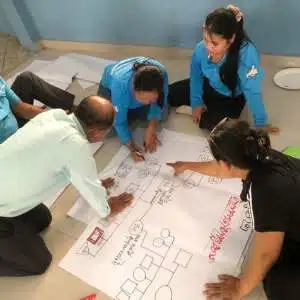
As part of our Pegase project, which aims to protect children from violence, trafficking and exploitation in South-East Asia*, we are particularly keen to work on prevention by strengthening the family structure. In fact, we come across households where violence has become a regular occurrence or where, in order to survive on a day-to-day basis, their children are forced to work or leave home.
In Cambodia, we work with the Damnok Toek association, which has been specializing in child protection for over 20 years in Poipet, a town on the border with Thailand, and which has opened several reception centers for isolated children or children separated from their families.
" Every day, Damnok Toek's social workers come face to face with families in very difficult and precarious circumstances. They visit these families' villages. They try to respond to emergencies (referrals for care, food, etc.). They do a fantastic job in the short and medium term. But they are sometimes faced with families who need assistance over several generations. Apart from responding to their "immediate" needs, the team feels powerless to provide support that would make a significant difference. However, it is essential to support these families so that they can identify their abilities and build up a better self-esteem, enabling them to feel capable of taking charge and solving their problems. These are the conditions that will enable them to sustainably improve their living conditions and protect their children. "explains Laurence Houzé, the project's social follow-up expert.
To meet this challenge, Laurence worked with Damnok Toek to organize training for 19 of their social workers in our family support methodology, with tools for following families step by step. Over a 4-day period, they tested new interview techniques with families and role-played. They had already taken part in a consultative workshop a few weeks ago to gather their experiences and feedback and then adapt the training.
These are the people who will be in direct contact with the families and who will work with them for 6 to 10 months to find solutions to their main problems (unemployment, housing, health, income, violence, addictions, etc.).
The aim of this training course is to change perspective and bring about lasting change: rather than assisting families materially, the aim is to give them the keys to become agents of change.
Next step: we'll be working with local authorities to identify the families who will be joining the program.
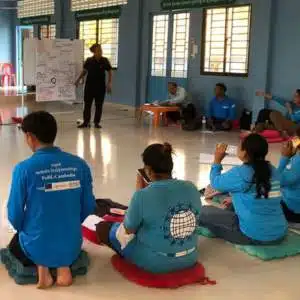
*in Cambodia, the Philippines (via our partner association Asmae), Laos and Vietnam




